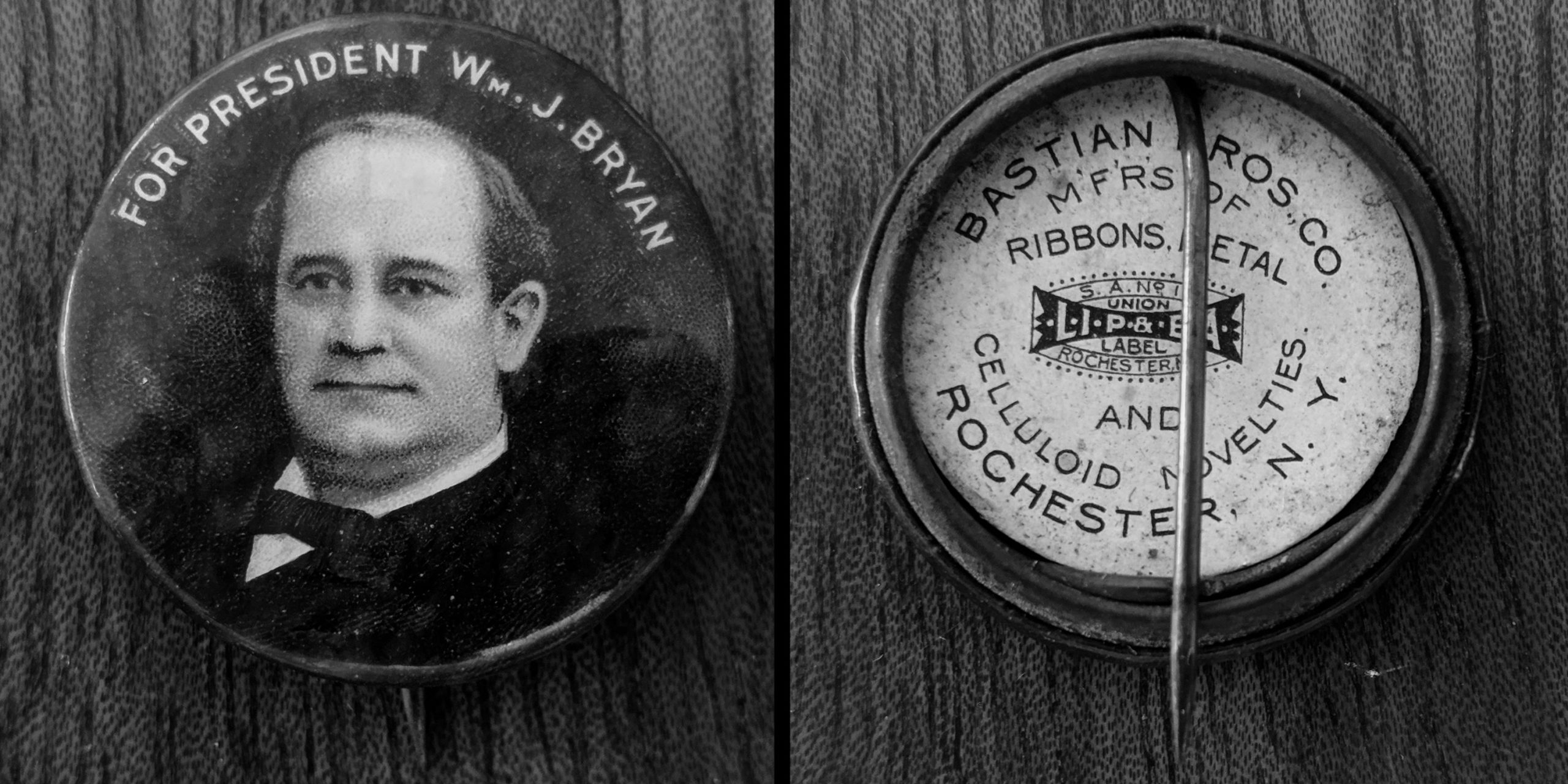A book review.
“Those who fail to study the intellectual debates of the past are condemned to repeat them,” is a variation on Santayana’s famous dictum particularly applicable to economics and monetary theory, where ideas cycle along with events. In The Currency of Politics, Stefan Eich has written a valuable and very interesting review of specific monetary debates in their historical settings during centuries of thought about the nature of money as it is entwined with politics. The author’s own recommendations, however, are sketchy and betray a naïve faith in governments. The historical survey does inexplicably leave out the intense debate of ‘the money question’ at the end of the 19th century in the US, starring William Jennings Bryan, which we will fill in at the end of this review.
The Currency of Politics was published in 2022, well timed to be greeted by the Great Inflation in this country [ie, the USA] and runaway inflation in other countries as well, which has given rise to a new global debate about central banking, money and inflation, with the global club of money-printing central banks on the defensive – at least for now. The current arguments and monetary stresses must become a new chapter in any future second edition.
“We find economics without politics only in theory, never in reality”
Eich’s principal overall theme is that ‘money is always already political’. This does seem obviously true. I often point out that the old title, ‘Political Economy’, was a more accurate term than the current ‘Economics’. We find economics without politics only in theory, never in reality. Likewise, there is no ‘Finance’, only ‘Political Finance’.
One reason this is true is the recurring cycles of financial crises, which inevitably trigger powerful political reactions.
A second reason is that the control of money is extremely convenient to governments, especially to have their own central bank to buy their debt when they are out of money. This was the reason for creating the archetypical Bank of England in 1694. It is an arrangement so advantageous to politicians that virtually every national government has its own central bank now. This is particularly useful in times of war, but also handy in general while running budget deficits.
As George Selgin observed, with Lawrence White, in a 2017 study of the nature of money:
Governments have come to supply currency, and to restrict the private supply of currency and deposits, not to remedy market failures, but to provide themselves with seigniorage and loans on favorable terms. Government currency monopolies…can thus be understood as part of the tax system [and reflect] the preference of the fiscal authorities.
This ability of the government to use its control of money for fiscal purposes is precisely what appeals to practicing politicians when they want to spend more and to a statist academic like Eich, who wants “more precisely political control over money” and “to reconceive of money as a malleable political institution”, in order to have “more democratic visions”, although the “visions” are fuzzy.
In support of his true, but hardly surprising, theme that money is political, Eich goes back to Aristotle. He says Aristotle thought that “money could be an institution that would contribute to the cohesiveness of the polis – but one that was insufficient, imperfect and laden with potentially tragic consequences.” Indeed, such tragic consequences have been experienced by every victim of the hyperinflations that numerous governments have visited on their populations and as are being experienced today, for example, with Argentina’s reported 71% inflation rate in July 2022.

























